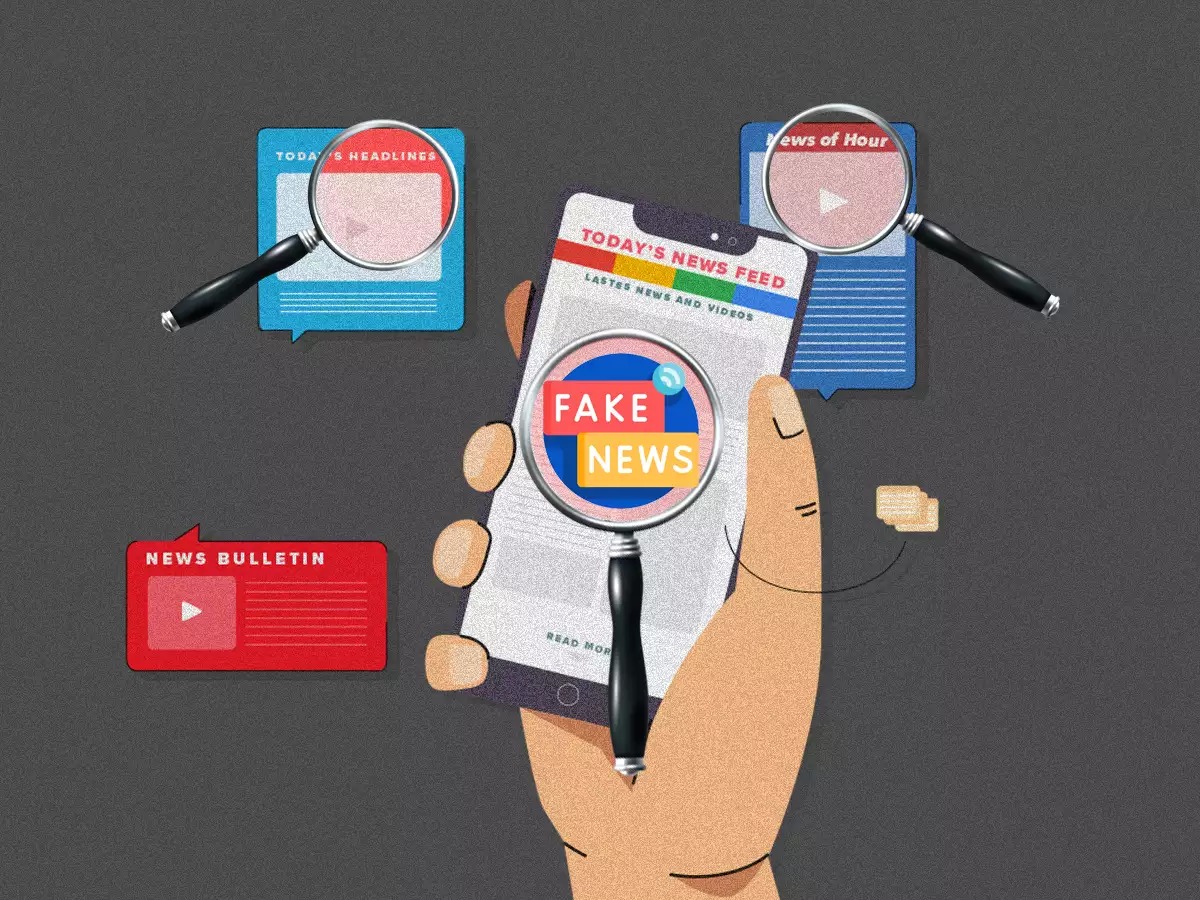The Press Information Bureau (PIB), the nodal agency for disseminating information from the Indian government, is set to receive new powers to flag fake news and misinformation about government bodies. The move is aimed at curbing the spread of false information and ensuring that accurate and credible information is shared with the public.
According to a report in The Hindu, the Ministry of Information and Broadcasting has proposed amendments to the guidelines for accreditation of journalists, which would give the PIB the power to flag fake news about government bodies. Under the proposed changes, journalists who repeatedly share fake news or misinformation could have their accreditation suspended or revoked.
The PIB currently plays a key role in disseminating information from government bodies, including press releases, statements, and briefings. However, the agency has limited powers to combat the spread of fake news and misinformation, which has become a growing concern in recent years.
The proposed changes to the guidelines would give the PIB more authority to monitor and flag false information about government bodies. This would include identifying and correcting misinformation in news reports, as well as social media posts and other forms of online content.
The move is seen as part of a broader effort by the Indian government to combat the spread of fake news and misinformation. In recent years, the government has taken a number of steps to address this issue, including launching a fact-checking website and enlisting the help of social media platforms to remove false information.
However, some critics have raised concerns about the potential for misuse of these powers, and the impact on freedom of the press. The proposed changes to the guidelines have yet to be finalized, and it remains to be seen how they will be implemented in practice.
The issue of fake news and misinformation has become a major concern in India in recent years, with false information spreading rapidly on social media platforms and other online channels. This has led to a number of incidents of violence and unrest, as well as the spread of conspiracy theories and other harmful content.
The government has been working to address this issue, but there is still much work to be done to combat the spread of fake news and misinformation. The proposed changes to the guidelines for accreditation of journalists are just one step in this direction, and it remains to be seen how effective they will be in curbing the spread of false information.


